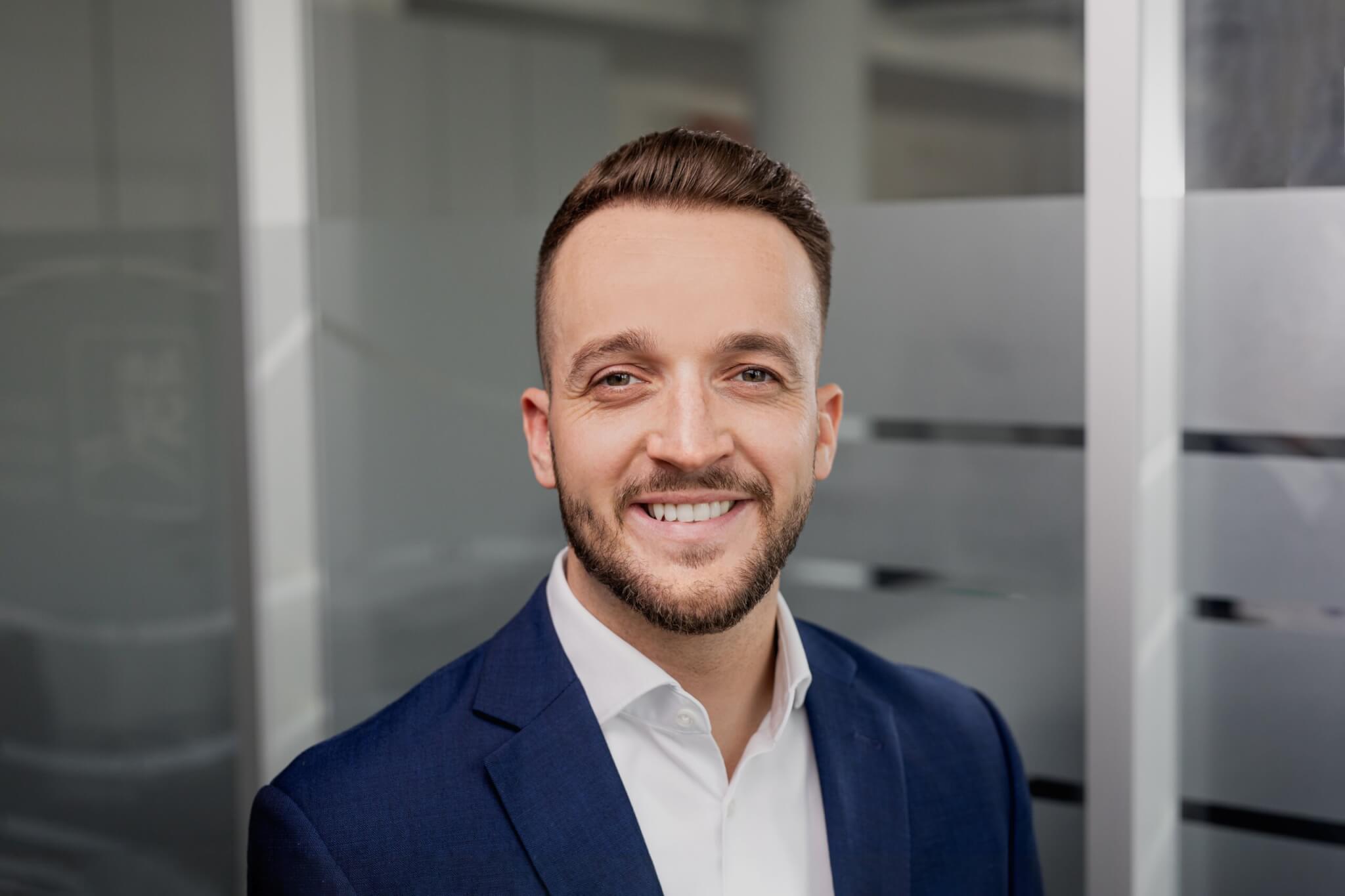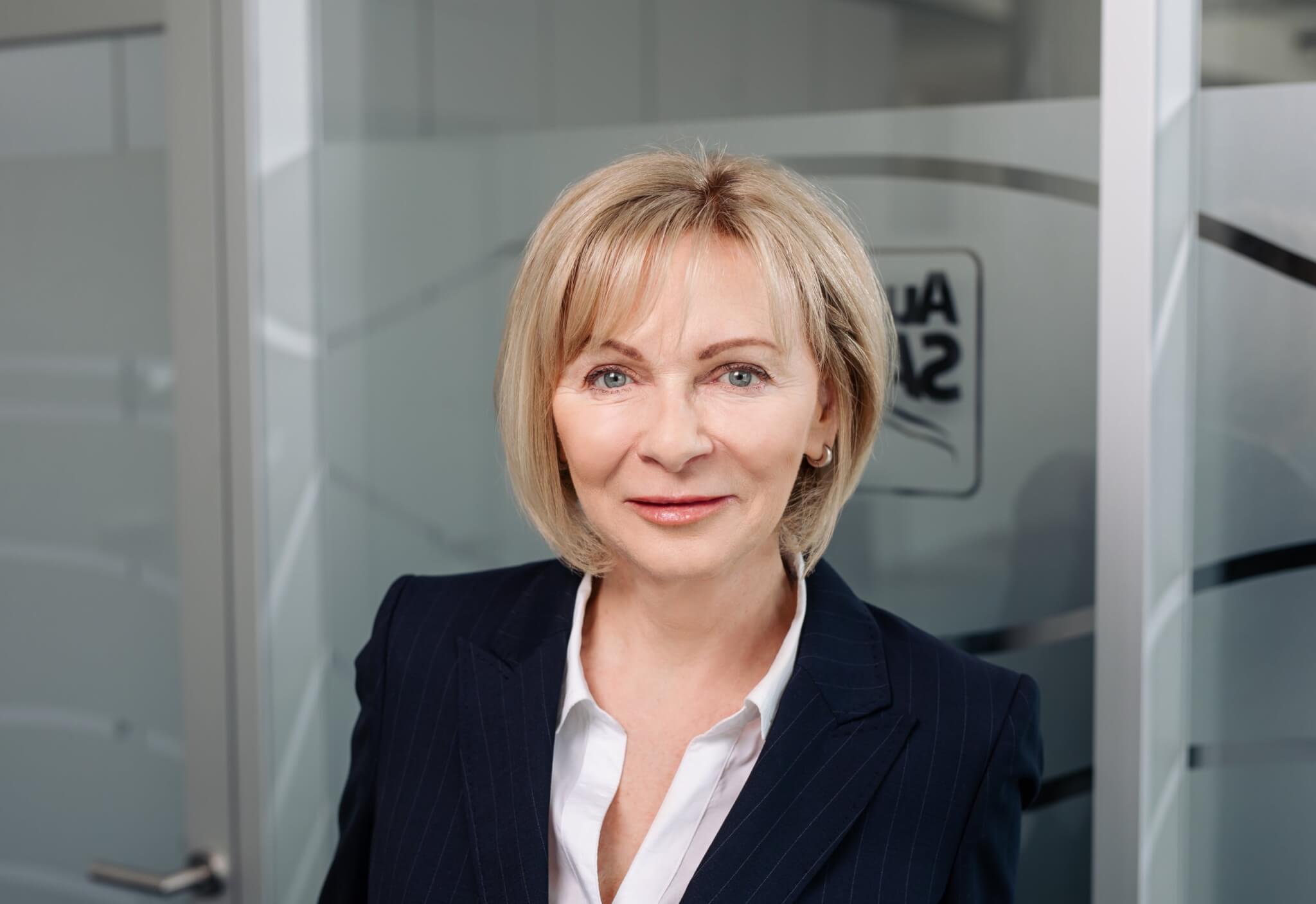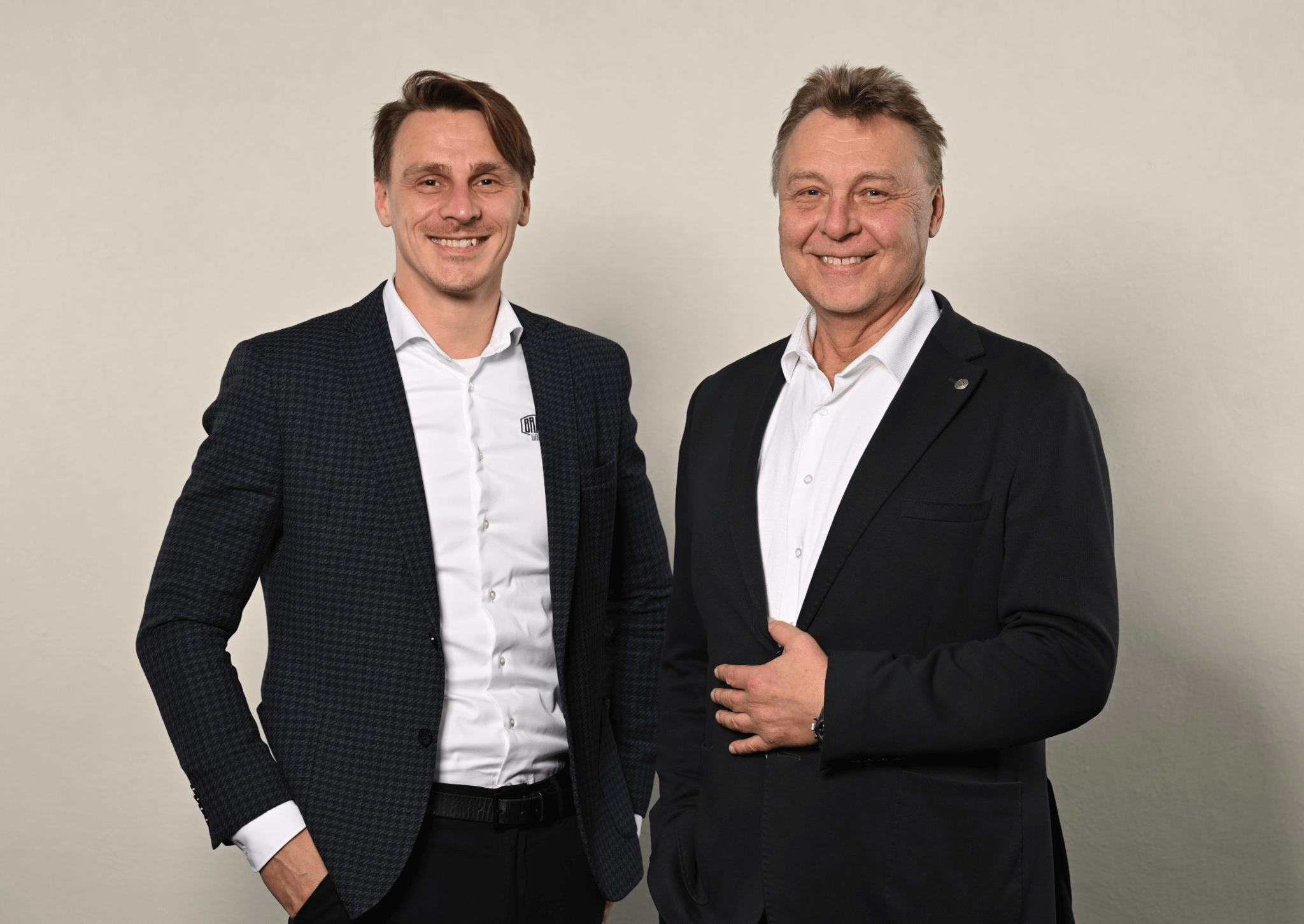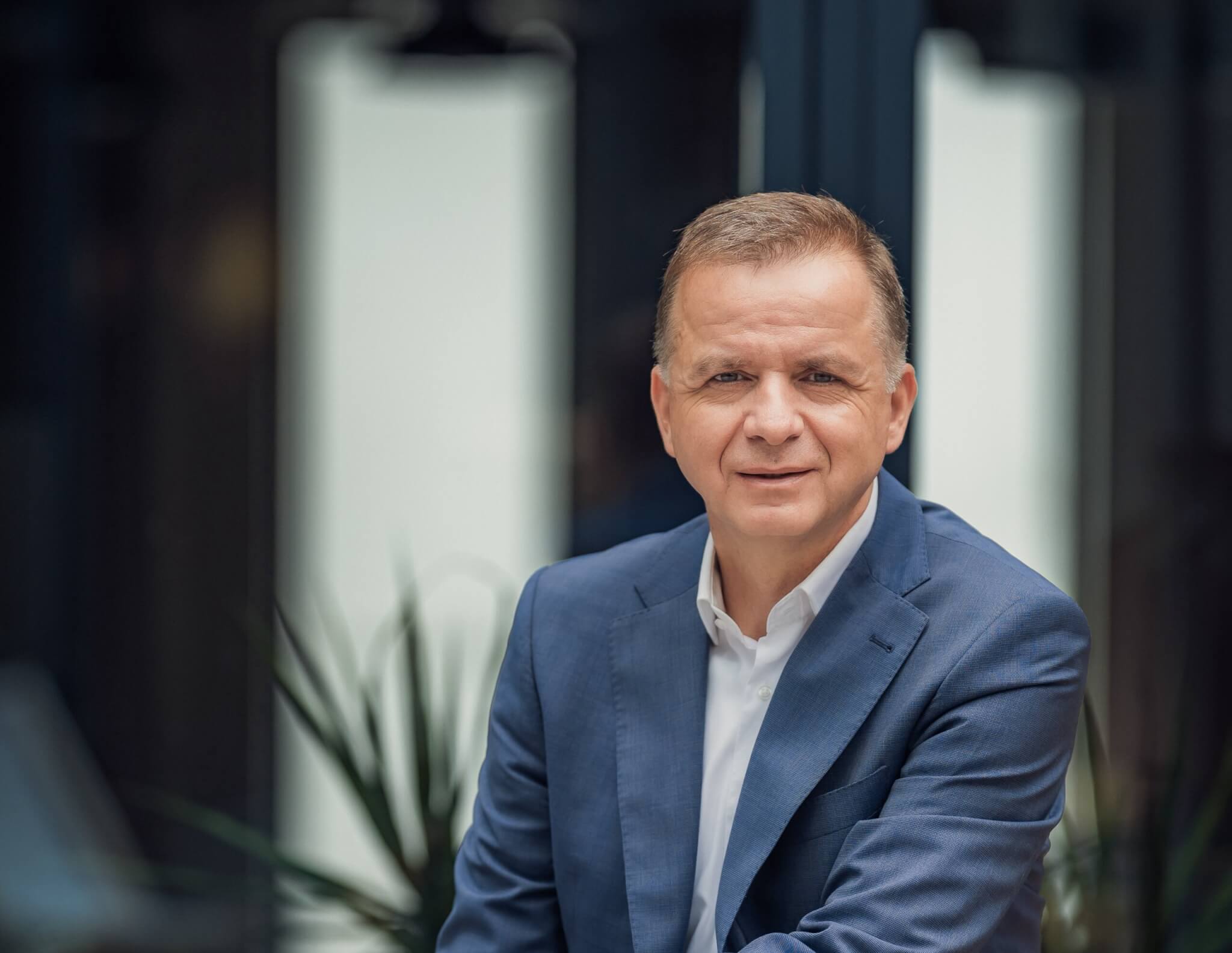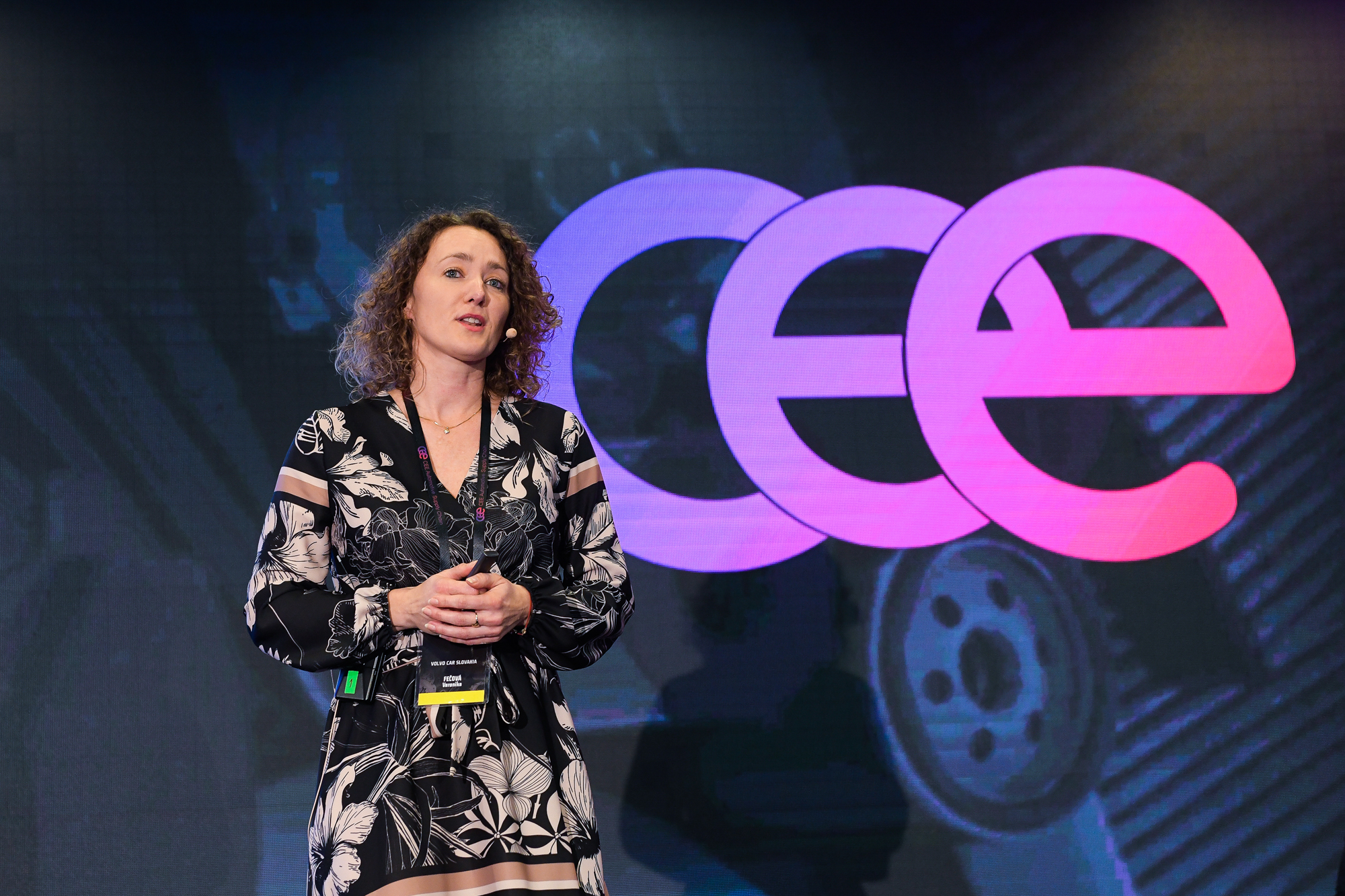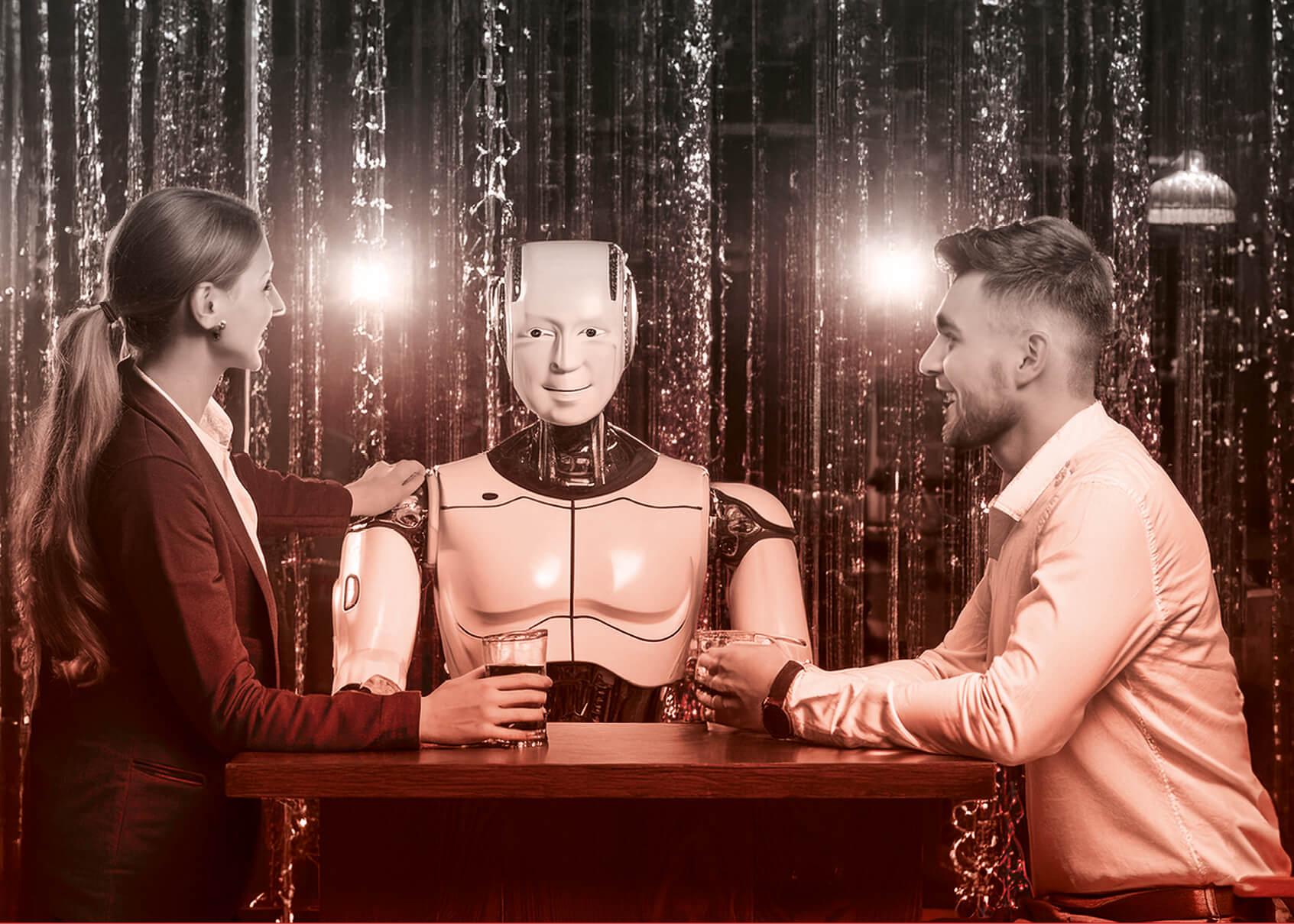“The Czech Republic suffers from an unwillingness to help new investment projects. Greenfield investments have to overcome so many obstacles that they often make no sense for the investor,” says Kamil Blažek, chairman of the Association for Foreign Investment – AFI. However, we should definitely try to make another big investment in the automotive sector in the context of electromobility.
At this year’s conference, Czech Republic at the Crossroads 2, it was announced that the Czech Republic has ambitions to become one of the top 10 EU countries in GDP per capita and one of the world’s top 20 innovators within five years. Do you think it can be achieved? How much do we need investment from abroad?
It is right to have big ambitions, but on the one hand they must be ambitions shared by business representatives, economists and politicians, they should be either one or several interconnected, and most importantly we need to agree on how to realise this ambition. We have a lot of development strategies worked out by the government, the Ministry of Industry and many others, and NERV has also come up with some recommendations, but it’s a matter of agreeing on something, getting broad support for it and then pushing it through consistently.
And do we need investment to do that? We need growth, and we cannot achieve that except by increasing investment.
Which is not necessarily a foreign investment.
Definitely. First of all, there has to be a suitable environment for investment that offers value – unless it is state investment, which may have other motives. But the driver of growth must be private investment. And we need to offer better conditions for these than investors would find in other countries.
Has the Czech Republic and CzechInvest not resigned in recent years to actively seek and approach significant investors – if we stay with foreign ones?
There is certainly a significant change in the activity and promotion of the investment environment compared to twenty years ago, fifteen years ago. This is largely due to the fact that interest in simpler manufacturing investments has waned. At one time they had a lot of support and we saturated the country with them. At the same time, we have exhausted our human resource capacity and land is unavailable for new projects. Of course, we could take measures to improve the availability of labour and land, but that has not been done here for a long time.
So we don’t want any more except for some really extraordinary strategic investments?
If you ask me, I absolutely want them. On the contrary, it seems that politicians, and perhaps also regions and municipalities, have at some point come to the conclusion that we have enough, we are actually doing quite well and there is no need to deal with other projects. We have full employment, which was one of the main reasons why investors were attracted here before. Today, increasing employment is not the main objective, it will not bring us economic growth; on the contrary, we have too low unemployment.
Overall, there is a reluctance to help new ventures. When it comes to the details, for a new investment, I mean a greenfield investment, it is necessary to remove obstacles that may be related to the opposition of environmental activists, to deal with the transport infrastructure and to try to shorten the implementation time so that the investment still makes sense. Greenfield investment is a pipedream.
Expansions are easier when someone adds new lines, adds a new hall. That’s why in the last ten years in the Czech Republic it has been mainly expansions.
If there are no people and no land, what is there to attract investors today? Can the Czech Republic offer something that Poland, Slovakia and Hungary do not have?
It is still the geographical location, the fact that we are in the centre of Europe is important. Even though today it may be rather the opposite for an investor from another continent in connection with the war in Ukraine. The proximity of the war is a risk for them.
There is a shortage of labour, but there is competence in terms of industrial production, and that is not an empty word. People are used to working, they have a certain work ethic.
And there is a third thing, which has to do with the global restructuring of supply chains. Risks are being assessed and a lot of industrial and development capacity is being relocated from Asia, Africa or Turkey, despite the increased costs, to the EU. We see this in chip production or pharmaceuticals, for example, but it can also apply to the extraction of raw materials and their processing and many other areas. That is what we should be focusing on. These are activities that have a higher added value and would bring more to the Czech Republic than a net expansion of existing investments.
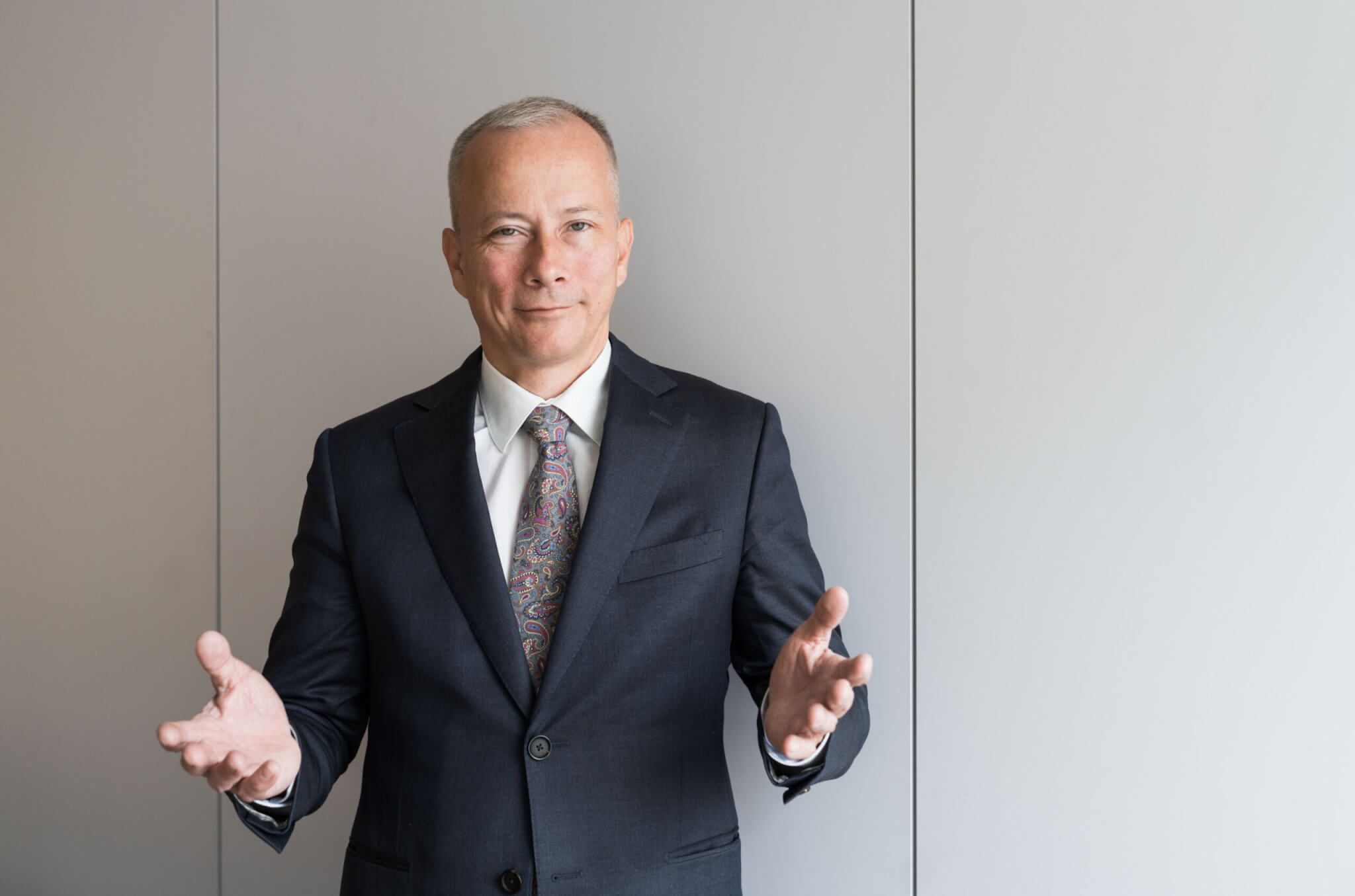
“The geographical location of the Czech Republic, the fact that we are in the centre of Europe. This is one of the advantages that we can attract foreign investors”, says Kamil Blažek: AFI
One of the reasons that discourages investors is the lack of industrial zones. Will the establishment of the Government Committee for Strategic Investments and the creation of the State Investment and Development Company (SIRS) change this?
I hope so. There is now a body that will systematically address the availability of large industrial parks. Unlike the previous model, where one department of CzechInvest dealt with the development of industrial zones and municipalities and cities drew money from operational programmes, the SIRS is an institution that is supposed to centrally address and motivate new industrial parks on behalf of the state and also finance them if it receives funds from the state.
Ten or fifteen years ago, regions, municipalities and cities wanted these investments, attracting new industry. Today it is different, nowhere is there much willingness to build zones and welcome investors. As I said before, unemployment is low and these municipalities have nothing to gain from investors. The budget policy is such that they have nothing from the corporate income taxes of the investors who come there. So why should they be accommodating to investors who are not going to use their taxes to help fix the sidewalks, build a kindergarten and so on.
But there are investors who are willing to finance something like this.
But that’s a big problem. The investor cannot contractually commit to anything like this because it would put the municipality in a conflict of interest, there is what is called systemic bias. And even the investors themselves are now more cautious in terms of compliance and potential corruption charges. For me, the right way forward is to change the budget allocation of corporate income taxes so that a portion goes directly to the municipality where such a company operates. Start dividing tax revenues differently to increase the motivation of municipalities, local politicians and people living in the locality to develop their locality. At the same time, it would be a good idea to reduce the number of local governments significantly – i.e. to start merging.
The State Investment and Development Corporation is in charge of proactive preparation of business parks for strategic investments in the Czech Republic. How many should be created?
Ideally, ten large ones; it will not deal with small ones. The state is supposed to show the direction, to give a signal. And the moment we manage to get significant investors here, a lot of subcontractors will be brought in, which is how it worked in our country and in neighbouring countries.
With the way things are in our country with the permitting processes and legislation in general, is it possible to believe that a large zone will be prepared? As soon as anyone raises an objection, everything stops, or at least is delayed for many months.
We have reached a certain state of civil rights and freedoms in Europe, and we are heavily prioritising the rights of individuals over the demands of society as a whole. We have to decide whether we want to prioritise immediate quality of life, which will ultimately lead to a reduction in quality of life, or whether we will reassess priorities and do what is good in the long term and what will increase our economic strength and perhaps even our security. But for any change in thinking to take place, political support is needed.
Recently, there has been talk of two possible strategic zones in the Czech Republic – in Plzeň Líně and Dolní Lutyně in the Moravian-Silesian Region. The first one is completely out of the question, both because there was a great deal of local opposition to the industrial zone and because a potential investor, Volkswagen, finally decided not to invest now. What do you think will happen in Moravia, where, according to a recent statement by the government, “strategic technology with a link to electromobility” should come?
As far as I know, there are dozens of specific problems there, which are related, among other things, to the fact that it is a location right on the border. I don’t know exactly what all is at play there, but I think many of the problems could be solved with money and the right communications.
There is a specific investor being considered now, but the State Investment and Development Corporation’s job is to prepare sites for the long term and address potential problems conceptually, before they arise, without knowing what specific investor would come in. The idea is to have 100, 200, 300 hectares of land prepared in advance, where transport connections, energy supply, water management and so on will be resolved. If there is a specific investor on the horizon, everything can be implemented much more quickly.
If the as yet unnamed investor that could build a gigafactory for battery production in the Czech Republic is a South Korean company, could the fact that the South Korean company KHNP won the tender for the completion of two units at Dukovany play a positive role?
I do not have information on which company, but if that were the case, I am sure it would.
Considering all that we have discussed, does the Czech Republic still have a chance to get more large investments in the automotive sector in the coming years?
I think we have to create space for that, because whatever the situation is with electric cars today, their production will grow in future years and we want to remain part of the European car industry.
In 2008, Hyundai was granted the highest ever one-off investment incentive of CZK 4.9 billion. Onsemi’s investment in chip production in Rožnov is already worth CZK 10 billion. How far do you think it will go? Won’t such investments then become pointless (too long a payback period)? Is it still possible today to get a large investment without (large) incentives?
Ten billion seems like a lot of money, but we have to relate it to the total amount of investment. It’s not that onsemi got more than others. It’s just the way it is with those big key investments, you can’t do it without incentives. That is why the Americans are giving high incentives, and that is why Europe will have to do it too, even though it is not yet in a position to do so. It is not a gift, it is something that will come back to the country.
We are giving away a lot of money here in European and national subsidies where nobody is addressing the issue of returns. It is a lot more money and it is hard to say whether it is justified everywhere. Here, they do. With investments like this, we have a chance to stay at the cutting edge of technology. And if something happens that nobody wants to happen, for example a dramatic development in Taiwan, we will be able to produce car chips ourselves. We’re talking about a whole different level of return on incentives and investment.
Contact
Next articles and interviews
Next articles and interviews
+ Show


